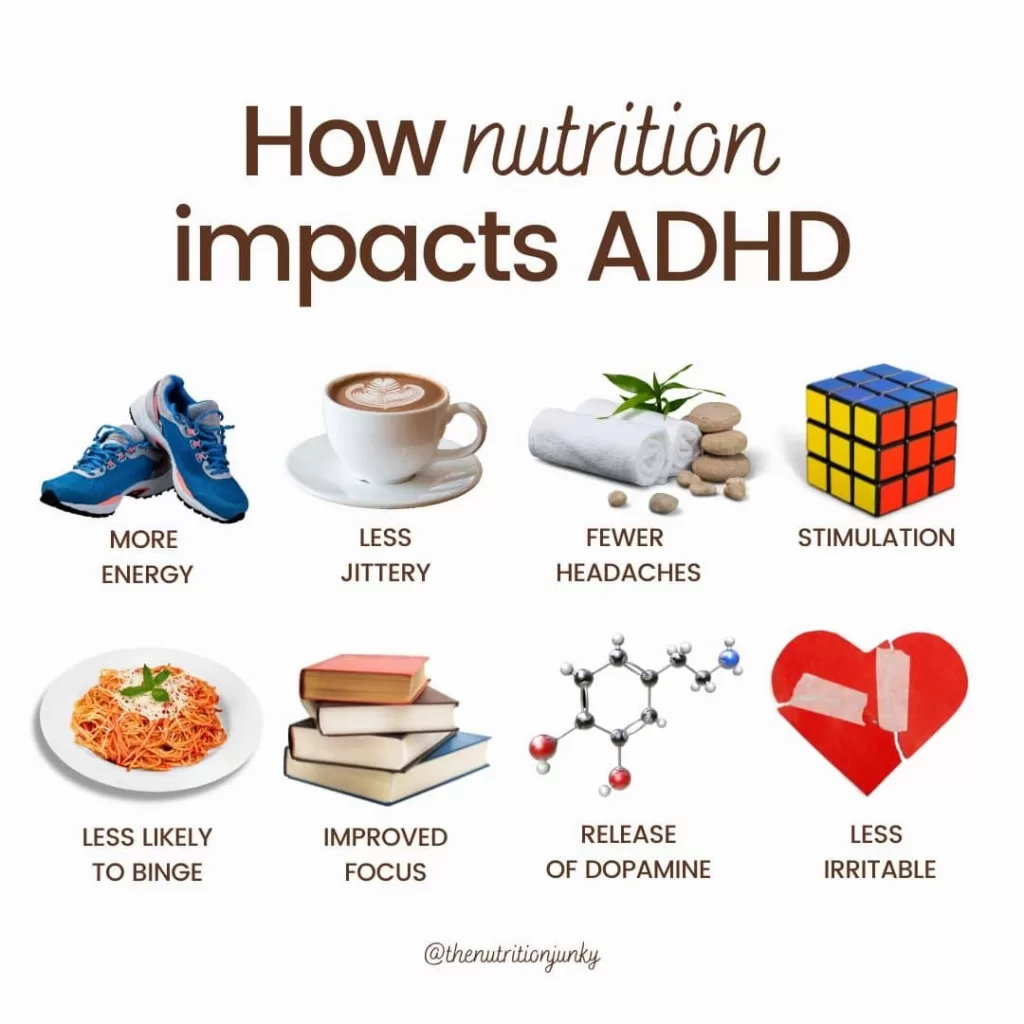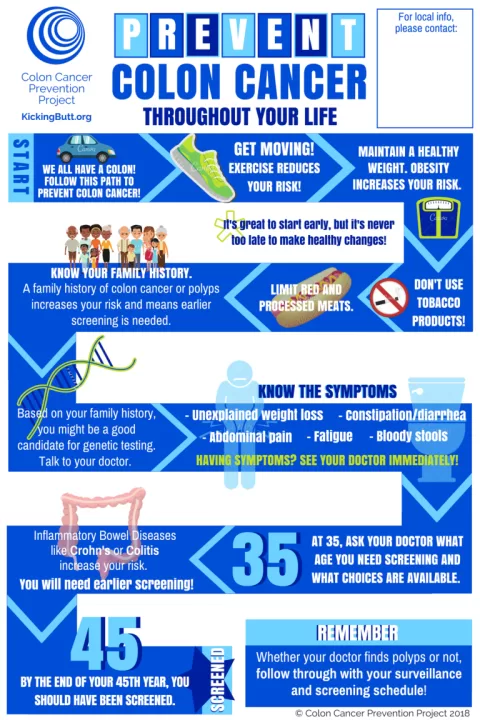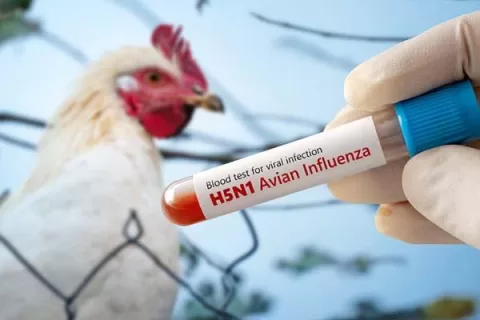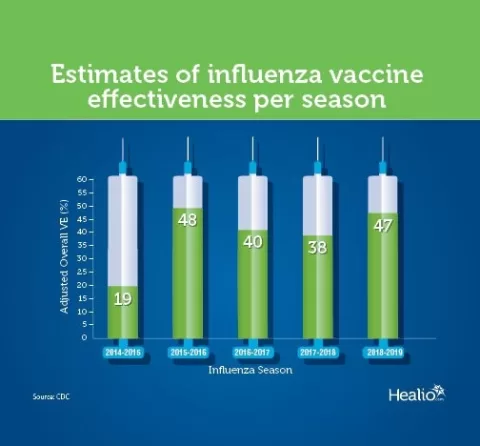ADHD and diet are intricately linked, as recent research reveals how dietary habits can impact the symptoms of Attention Deficit Hyperactivity Disorder. Young adults diagnosed with ADHD show a significant tendency towards impulsivity and snacking, favoring energy drinks, chips, and fried foods over healthier options. This connection highlights the importance of understanding ADHD symptoms and eating patterns, as what one eats can inadvertently affect their condition. ADHD nutrition tips suggest that making informed food choices may help mitigate impulsivity and promote better focus. By recognizing how dietary habits influence ADHD symptoms, caregivers can foster healthier eating behaviors and improve overall well-being for those affected.
The relationship between attention disorders and food choices has become a vital subject of interest in recent studies. Individuals with hyperactive-impulsive traits often display unique eating behaviors, which can exacerbate their condition. Understanding dietary influences on behavioral symptoms offers valuable insights into improving lifestyle habits. With a focus on impulsive snacking and unhealthy dietary preferences, exploring nutrition strategies may lead to enhanced management of attention-related challenges. By delving into dietary patterns linked to these behavioral traits, parents and healthcare professionals can better support young individuals facing these challenges.
The Link Between ADHD and Dietary Habits
Attention Deficit Hyperactivity Disorder (ADHD) is often associated with a variety of behavioral challenges, but recent research highlights a significant connection between ADHD and specific dietary habits. This study revealed that young adults with ADHD tended to consume more processed foods, snacks, and sugary beverages than their peers without the disorder. The impulsivity characteristic of ADHD seems to drive these dietary choices, prompting individuals to opt for quick and easy sources of energy such as chips and energy drinks rather than balanced meals.
Moreover, the relationship between ADHD and diet is bidirectional. While ADHD symptoms influence food choices, certain dietary patterns can also impact the severity of these symptoms. This cyclical nature illustrates the importance of understanding the role that dietary habits play in managing ADHD symptoms. Adopting healthier eating patterns could potentially help mitigate some impulsive behaviors associated with the disorder, suggesting that dietary interventions may serve as a complementary strategy alongside traditional ADHD treatments.
Impulsivity and Snacking: The ADHD Connection
One of the most striking findings of the recent study is the clear correlation between impulsivity and snacking behavior among adolescents diagnosed with ADHD. The tendency to snack frequently can be interpreted as a manifestation of impulsive behavior—the desire for instant gratification can lead to a preference for quick, often unhealthy, food choices. By understanding this impulsive eating pattern, parents and caregivers can better address these behaviors and create more structured meal plans that minimize unhealthy snacking.
This impulsivity not only affects individual food choices but also contributes to the potential for developing long-term health issues, such as obesity or nutritional deficiencies, among those with ADHD. Recognizing impulsivity as a significant factor in dietary habits can empower individuals to make more informed decisions about what they eat. Implementation of ADHD nutrition tips—such as setting regular meal schedules and providing healthy snacks—can help in curbing impulsive snacking and fostering healthier eating practices.
Nutritional Strategies for Managing ADHD Symptoms
Implementing effective nutritional strategies can play a crucial role in managing ADHD symptoms. Research suggests that a well-balanced diet, rich in holistic and unprocessed foods, can enhance cognitive function and reduce impulsive behaviors. Parents and guardians can focus on incorporating more whole grains, lean proteins, fruits, and vegetables into their children’s diets to support overall health and potentially alleviate some ADHD symptoms.
Additionally, monitoring food choices related to ADHD nutrition tips can make a significant difference. Foods rich in omega-3 fatty acids, vitamins, and minerals have been shown to potentially help with concentration and emotional regulation. Transitioning away from highly processed snacks and incorporating nutrient-dense options will not only nourish the body but also the brain, creating a more stable environment for individuals with ADHD to thrive.
ADHD Food Choices: A Path to Improved Focus
The food choices of individuals with ADHD can greatly influence their ability to maintain focus and regulate emotions. Nutritional experts recommend that individuals with ADHD steer clear of foods that are high in sugar and unhealthy fats, as these can exacerbate symptoms of inattention and hyperactivity. Instead, adopting a diet with low-glycemic index foods can lead to more stable blood sugar levels, thereby improving concentration and reducing mood swings.
Furthermore, establishing a routine around food choices helps create predictability, which can be beneficial for individuals with ADHD. This routine not only assists in planning meals and snacks but can also reduce the likelihood of impulsive eating behaviors. By fostering a sound dietary framework, those with ADHD can experience enhanced cognitive clarity and emotional balance, resulting in improved overall daily functioning.
Understanding ADHD Symptoms and Eating Patterns
Exploring the connection between ADHD symptoms and specific eating patterns reveals an intricate relationship shaped by neurological factors. Individuals with ADHD often experience heightened sensory sensitivity, leading them to seek stimulating flavors and textures, which can result in a preference for unhealthy snack foods. Understanding this dynamic allows parents and educators to tailor dietary interventions that align with these cravings while steering them toward healthier options.
Additionally, it is essential to recognize the role of emotional regulation in eating patterns among individuals with ADHD. The tendency to snack when feeling overwhelmed or distracted reflects the interplay between emotional states and food choices. By addressing emotional triggers and developing healthy coping strategies, individuals can better manage their relationship with food, reducing reliance on unhealthy snacks for comfort.
The Role of Diet in ADHD Management
Given the findings from recent studies, diet emerges as a vital component in managing ADHD symptoms. The emphasis on nutritional quality and dietary habits offers new avenues for intervention and support for individuals with ADHD. While medication and therapy play essential roles in treatment, integrating healthy dietary practices can enhance overall treatment outcomes and contribute to improved behavioral responses.
Parents and clinicians alike are encouraged to explore dietary changes as part of a holistic approach to ADHD management. Simple modifications, such as introducing nutritious snacks, can make a significant impact on managing symptoms and promoting healthier dietary habits long term. Emphasizing a balanced diet not only supports better health but can also facilitate more effective coping strategies and reduced impulsivity.
Healthy Snack Alternatives for ADHD Individuals
Finding healthy snack alternatives can be particularly beneficial for individuals managing ADHD. Traditional snack foods high in sugar and harmful fats can exacerbate ADHD symptoms, making it essential to have healthier options readily available. Items like whole grain granola bars, fruit, nuts, and yogurt can serve as nutritious snacks that provide the energy and mental stimulation needed without the negative side effects associated with processed snacks.
Encouraging the consumption of brain-boosting foods is not just about substituting unhealthy options for healthier ones; it is crucial to involve individuals in the selection and preparation process. This not only enhances their likelihood of embracing these food choices but also empowers them to make healthier decisions suited to their personal tastes. Providing a variety of options can help bridge the gap between the urge for snacking and the need for nutritious alternatives.
Avoiding Common Dietary Pitfalls in ADHD
Individuals with ADHD often face specific dietary pitfalls that can exacerbate their symptoms. Processed foods, those high in sugar and trans fats, can lead to spikes in energy followed by crashes, ultimately impacting mood and concentration. Recognizing these pitfalls is the first step in creating a diet that supports cognitive function and overall well-being for those diagnosed with ADHD.
Moreover, education on food labels and ingredient awareness can empower individuals to make more informed decisions regarding their dietary habits. Simple changes, such as replacing sugary snacks with whole food options, can lead to significant improvements in attention and emotional regulation. This proactive approach facilitates a healthier relationship with food while mitigating the challenges posed by ADHD symptoms.
The Importance of Parental Guidance in ADHD Nutrition
Parental involvement in dietary decisions for children with ADHD is crucial for promoting healthy eating habits. Parents are in a unique position to influence their child’s dietary choices by modeling healthy eating behaviors and providing nutritious meals and snacks. Creating an environment that encourages healthy eating is vital for children diagnosed with ADHD, as it can help minimize impulsive eating behaviors and associated health risks.
Education for parents about ADHD symptoms and their implications on dietary habits can foster better understanding and empathy. Equipping parents with ADHD nutrition tips empowers them to create meal plans that cater to their child’s unique needs, promoting sustained concentration and emotional stability. As the family works together to embrace healthier eating habits, they reinforce the importance of nutrition in managing ADHD effectively.
Frequently Asked Questions
How do dietary habits affect ADHD symptoms and eating behaviors?
Research indicates that dietary habits can significantly influence ADHD symptoms and eating behaviors. Individuals with ADHD often exhibit impulsivity in their food choices, leading them to prefer unhealthy snacks and processed foods. Eating a balanced diet rich in whole grains, fruits, and vegetables may help manage ADHD symptoms better.
What are some ADHD nutrition tips to improve eating habits?
To improve eating habits among individuals with ADHD, try incorporating a routine meal schedule, minimize intake of sugary snacks, and focus on whole foods. Foods rich in omega-3 fatty acids, like fish, and those high in fiber can support brain health and reduce impulsivity.
What role does impulsivity and snacking play in ADHD food choices?
Impulsivity in individuals with ADHD often leads to increased snacking, particularly on high-sugar and high-fat foods. This relationship suggests that managing impulsivity through behavioral strategies can potentially improve food choices and overall nutrition.
Can certain food choices worsen ADHD symptoms?
Yes, certain food choices, especially those high in sugar, unhealthy fats, and additives, may worsen ADHD symptoms. Poor dietary choices have been linked to increased inattention and hyperactivity, making it essential for individuals with ADHD to choose healthier alternatives.
What snacks are best for those with ADHD?
The best snacks for individuals with ADHD include healthy options like nuts, yogurt, fruits, and whole-grain crackers. These snacks provide sustained energy and help mitigate impulsive eating behaviors often associated with the disorder.
How does the ADHD diet relate to overall health?
The ADHD diet can significantly impact overall health by promoting nutrient-dense foods that support cognitive function and behavioral regulation. A well-balanced diet can assist in managing ADHD symptoms and enhance physical well-being.
What should I include in an ADHD-friendly meal plan?
An ADHD-friendly meal plan should include protein-rich foods, complex carbohydrates, healthy fats, and a variety of fruits and vegetables. This combination supports better brain function and may reduce hyperactivity and impulsivity.
Is there a connection between processed foods and ADHD symptoms?
Yes, studies suggest a connection between the consumption of processed foods and the exacerbation of ADHD symptoms. Diets high in processed foods tend to include high sugar and unhealthy fats, which can negatively impact behavior and attention.
How can parents help their children with ADHD make better food choices?
Parents can encourage better food choices for children with ADHD by modeling healthy eating habits, involving them in meal preparation, providing structured meal times, and limiting unhealthy snack options at home.
What are common dietary patterns among adolescents with ADHD?
Adolescents with ADHD often display dietary patterns characterized by higher snack consumption, preference for sweet treats, and intake of energy drinks, leading to an emphasis on impulsive food choices over balanced nutrition.
| Key Points |
|---|
| A study revealed that snacking is more prevalent in individuals with ADHD than in those without it. |
| Adolescents aged 16 to 20 with ADHD consume more unhealthy foods, including energy drinks, chips, and fried foods. |
| ADHD is characterized by inattention, hyperactivity, and impulsivity, which can interfere with daily functioning. |
| Impulsivity is strongly linked to unhealthy eating habits, particularly increased snack consumption. |
| Higher snack consumption in adolescents with ADHD may be influenced by a desire for mental stimulation. |
| The findings indicate that ADHD not only affects dietary choices but may also be influenced by diet. |
| The study encourages further research on the relationship between ADHD, impulsivity, and eating behaviors. |
| The research can serve as a sign for parents to identify ADHD symptoms in their children. |
Summary
ADHD and diet are closely connected, with recent research highlighting that dietary choices can be indicative of Attention Deficit Hyperactivity Disorder. The study shows that adolescents with ADHD tend to favor unhealthy snacking, which is often driven by impulsivity and a need for mental stimulation. Understanding the interplay between ADHD symptoms and dietary habits can help parents recognize signs of the disorder and encourage healthier eating patterns that may mitigate some symptoms. Further exploration of this relationship will be crucial in developing effective interventions that incorporate dietary management in ADHD treatment plans.
The content provided on this blog (e.g., symptom descriptions, health tips, or general advice) is for informational purposes only and is not a substitute for professional medical advice, diagnosis, or treatment. Always seek the guidance of your physician or other qualified healthcare provider with any questions you may have regarding a medical condition. Never disregard professional medical advice or delay seeking it because of something you have read on this website. If you believe you may have a medical emergency, call your doctor or emergency services immediately. Reliance on any information provided by this blog is solely at your own risk.







